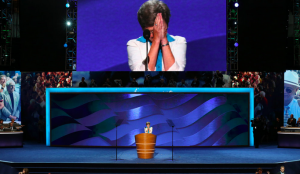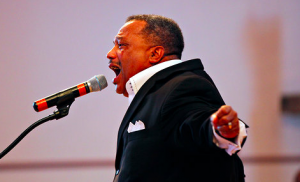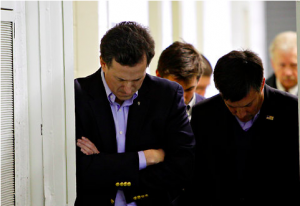By Molly Worthen
THIS week millions of “Chreasters” — Americans who attend church only on Christmas and Easter — will crowd into pews to sing carols and renew their vague relationship with the Christian God. This year, there may be fewer Chreasters than ever. A growing number of “nones” live in our midst: those who say they have no religious affiliation at all. An October Pew Research Center poll revealed that they now account for 20 percent of the population, up from 16 percent in 2008.
Avoiding church does not excuse Americans from marking the birth of Jesus, however. Most of us have no choice but to stay home from work or school — and if you complain about this glaring exception to the separation between church and state, you must be a scrooge with no heart for tradition. Christmas has been a federal holiday for 142 years.
Yet Christianity’s preferential place in our culture and civil law came under fire this year, and not simply because more Americans reject institutional religion. The Obama administration subtly worked to expand the scope of protected civil rights to include access to legal marriage and birth control. Catholic bishops and evangelical activists declared that Washington was running roughshod over religious liberty and abandoning the country’s founding values, while their opponents accused them of imposing one set of religious prejudices on an increasingly pluralistic population. The Christian consensus that long governed our public square is disintegrating. American secularism is at a crossroads.



